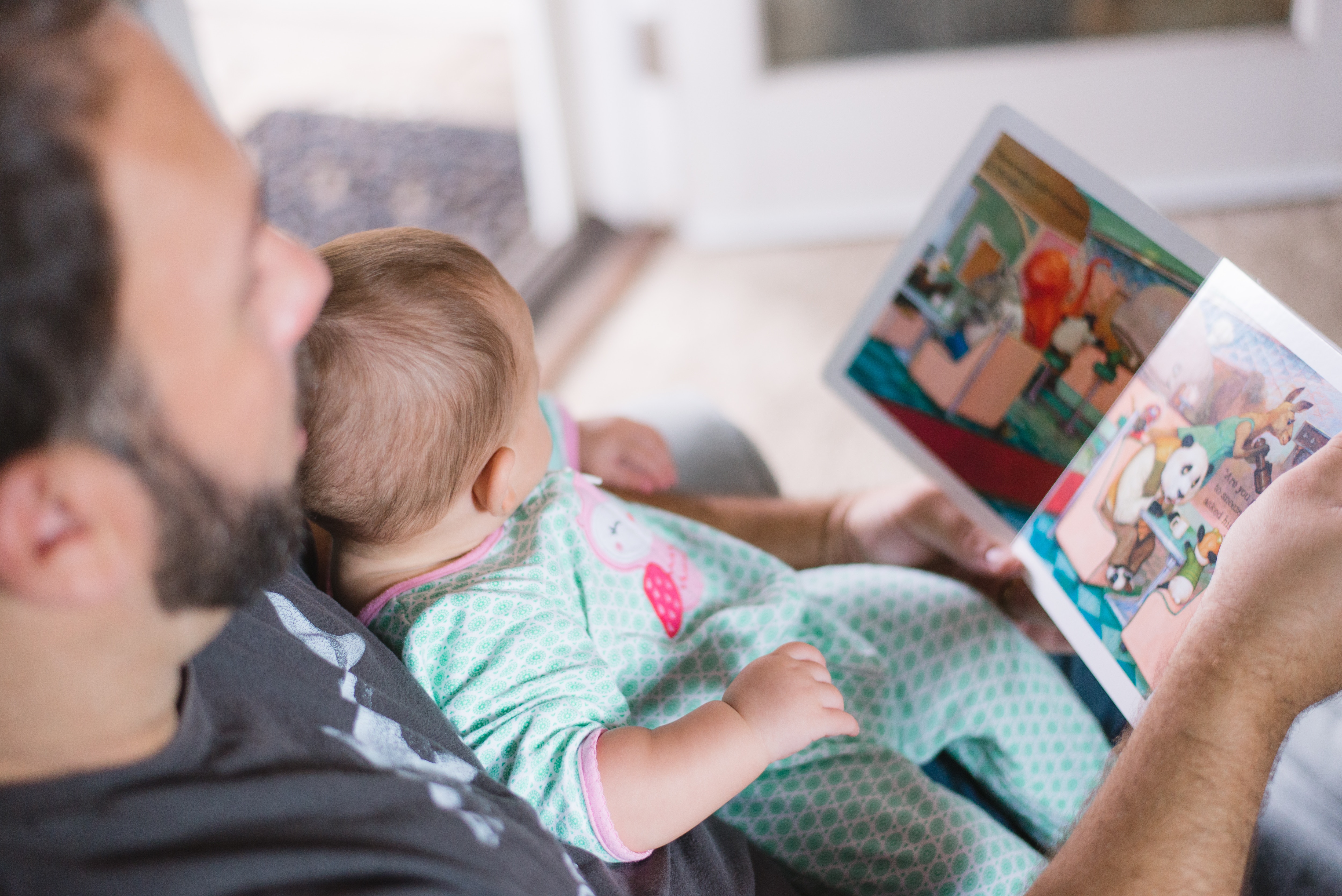
They say that “blood is thicker than water“, and it is true that unconditional love is often found amongst siblings, however much they might fight. We barely ever hear about siblings that get on perfectly well, which is pretty normal, given that we spend our whole lives (up until adulthood) living under the same roof.
Sibling disputes are a continuing cliché, and the fights seem to always be about the same: who is better, who is smarter, who has more talent… and a long etcetera. However, there is an actual study that proves which of the siblings is smarter.

Who was born first?
It is often said that those who are born first are favourites. Also called, PFBs (“precious first borns”) and often considered their parents’ “apple of my eye”, first-born children are now proven to actually be smarter.
The University of Edinburgh has carried out a study which concluded that children who are born first have superior thinking skills because they obtain more mental stimulation from their parents.

In fact, while all of the children seemed to receive the same emotional support, the eldest received more help involving tasks that develop thinking skills.
What the study means
The data obtained from the study was analysed, and it was found that first-borns obtained higher scores in IQ-tests than their siblings, even as early as age one. They scored higher in tests that included reading, matching letters, names, reading single words out loud, and picture vocabulary tests.

The “birth order effect”
The researchers that carried out the study claimed that the findings explained the “birth order effect”: this means that children that are born first, or earlier, have both better levels of education as well as better wages later in life.
A matter of parenting
The study showed that this occurs, because parents change their behaviour as they have more children, decreasing the amount of mental stimulation given, as well as the amount of activities involving the child.

Dr. Ana Nuevo-Chiquero, from the Edinburgh University’s school of economics explains: “Our results suggest that broad shifts in parental behaviour are a plausible explanation for the observed birth order differences in education and labour market outcomes“. It is already hard to be a parent, but now it turns out it’s worse than we thought.
It’s not all rainbows and butterflies for the eldest
However much it might seem like being the eldest comes with all the good stuff, it has, in fact, some disadvantages too. A study from 2015 has shown that first-borns are up to 20% more likely to develop short-sightedness. So no worries if you are not the eldest: we may not be as smart, be we do have a better eyesight!
Photos: Unsplash
